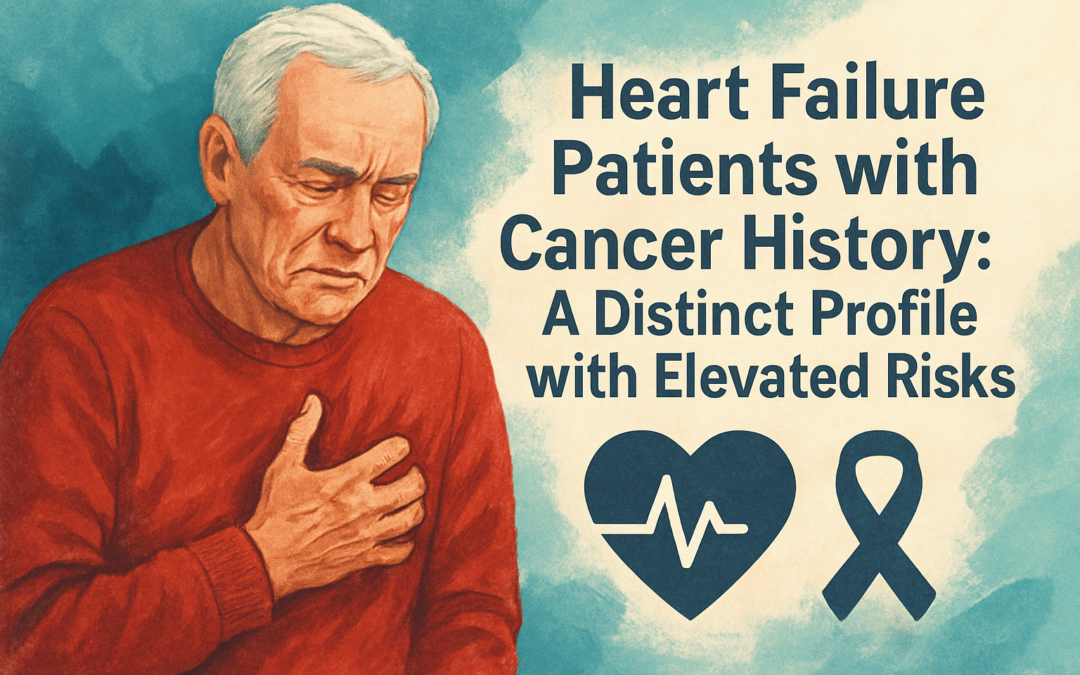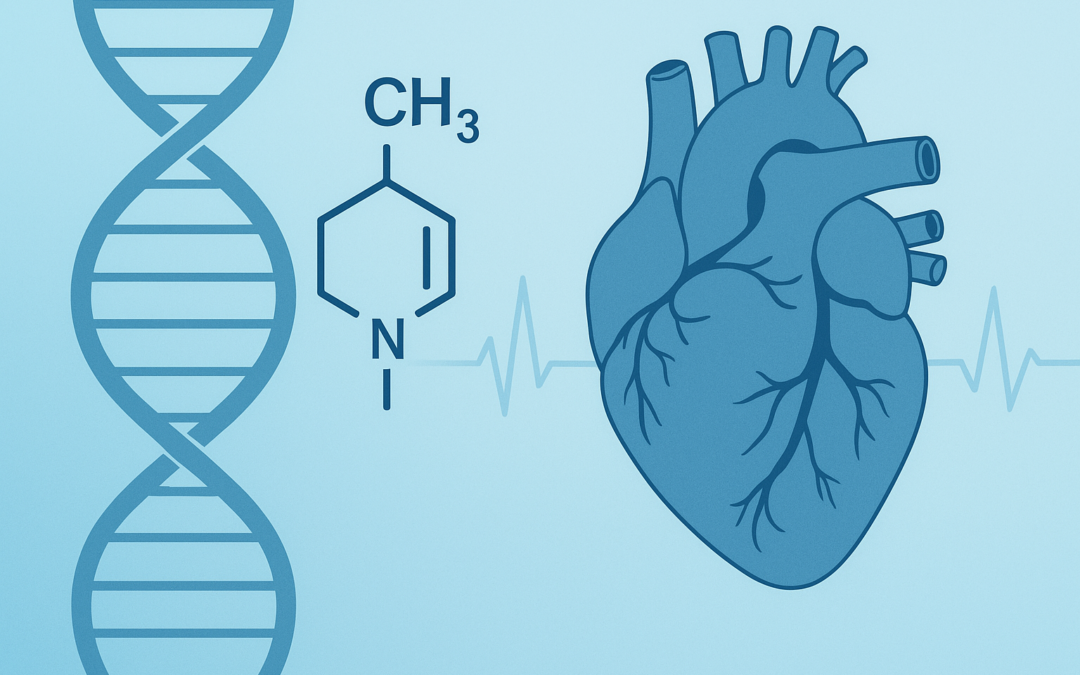
This study, published in the European Journal of Heart Failure, explores the clinical characteristics, management, and outcomes of patients with heart failure (HF) who also have a history of cancer. Drawing from the ESC-HFA EORP Heart Failure Long-Term Registry, the research evaluated 9,017 patients, 904 (10%) of whom had a past cancer diagnosis. The most common cancers reported were breast, prostate, and gastrointestinal.

This study, led by Carbonneau et al., investigates the connection between cardiovascular health (CVH) and DNA methylation (DNAm), focusing on the American Heart Association’s Life’s Essential 8 (LE8) metric. LE8 incorporates four health behaviors (diet, physical activity, smoking, sleep) and four health factors (BMI, blood pressure, blood glucose, cholesterol) to quantify overall CVH. Despite its recognized value, over 80% of U.S. adults have poor or moderate LE8 scores.

The study by Kim et al. investigates how excessive dietary phosphate intake contributes to hypertension through mechanisms involving the central nervous system. It highlights a novel brain-mediated pathway where high phosphate levels increase the hormone fibroblast growth factor 23 (FGF23), which subsequently crosses the blood-brain and blood–cerebrospinal fluid (CSF) barriers and activates fibroblast growth factor receptor 4 (FGFR4) in the brainstem.

The FINEARTS-HF randomized clinical trial, published in *JAMA Cardiology*, assessed the efficacy of finerenone in patients with heart failure with improved ejection fraction (HFimpEF)—those whose left ventricular ejection fraction (LVEF) improved from below 40% to 40% or higher. While patients with HFimpEF often show functional recovery, they remain vulnerable to cardiovascular (CV) events. This study analyzed whether finerenone, already shown to benefit patients with heart failure with preserved ejection fraction (HFpEF), also helps this subset of patients.

A new study published in the European Heart Journal reveals that male bodybuilders, particularly those competing professionally, face a significantly higher risk of sudden cardiac death (SCD). Led by Dr. Marco Vecchiato of the University of Padova, Italy, the research investigated mortality among over 20,000 male bodybuilders who competed in International Fitness and Bodybuilding Federation (IFBB) events between 2005 and 2020.

A major French study published in the European Heart Journal reveals that two out of five patients with heart failure do not see a cardiologist even once a year—a gap linked to significantly higher mortality rates. The study, involving over 655,000 patients and presented at the Heart Failure Congress 2025, found that patients who had at least one cardiologist visit annually were 24% less likely to die in the following year.







